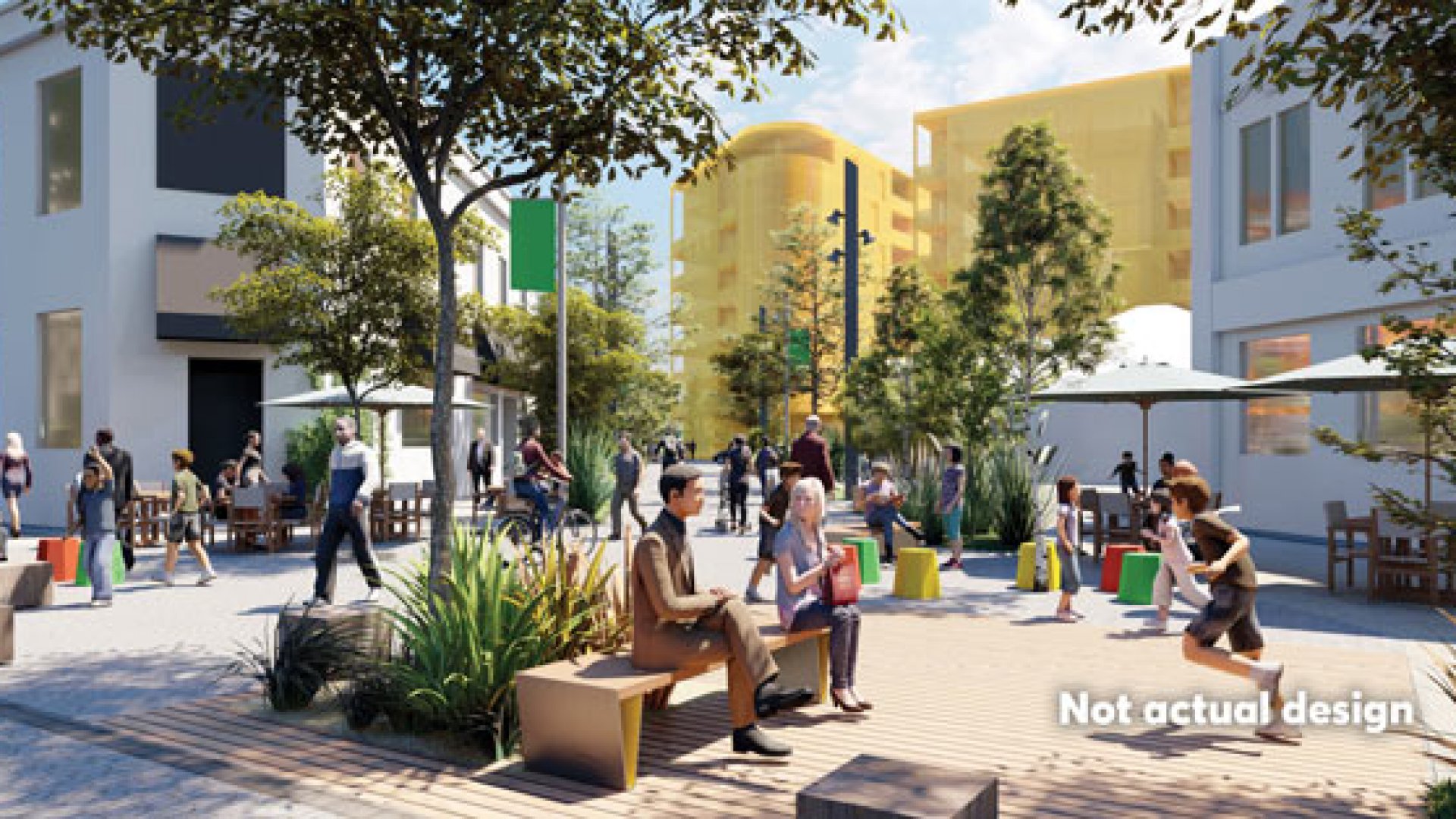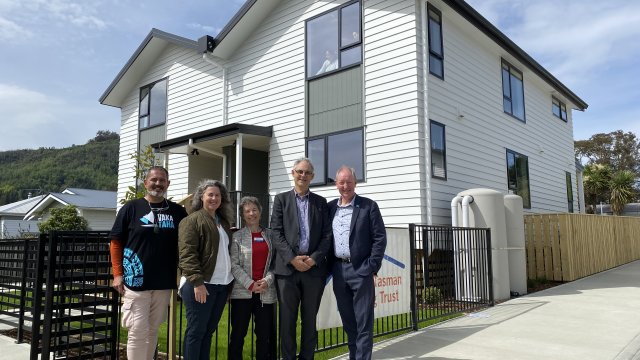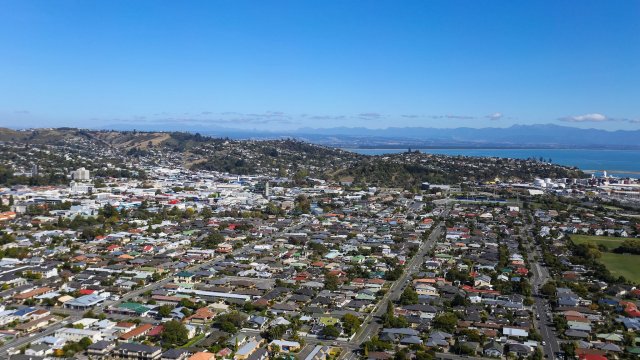Affordable and Social housing in Nelson – who needs it
21/09/2021 1:16am
Council is currently accepting public feedback on our proposal to sell Council-owned land to Kāinga Ora so it can be developed into around 175 affordable and social homes within our city centre. Less than 50% will be social housing, the greater portion will be a mix of affordable rental and affordable sales.
One of the questions we have been asked is ‘who will the housing be for?’, and how will it be successfully managed. We asked organisations and housing providers based in Nelson for their thoughts:
Who needs affordable housing?
Nick Clarke, General Manager, Habitat for Humanity:
The reality is it is people just like you and me. Everyone needs a decent place to live, and so the need for affordable housing affects all cross-sections of society—from young families just starting out to established families, elderly people, and single people. People who, once they know they have safe, decent homes where they can stay long-term, begin to engage with each other and with their community. The result is a community that is safer and healthier for everyone, where people feel a sense of belonging and shared responsibility.
Who needs social housing?
Nelson Tasman Housing Trust:
People on low incomes, in part-time or seasonal work, with an increasing number who are pensioners and/or not able to work, especially older singles.
Oranga Tamariki:
Oranga Tamariki work with a disproportionate number of people who struggle to find suitable accommodation. This includes those who struggle to find work due to being single parents/caregivers with no support network. This also includes whānau who have offered to care for their mokopuna but need larger properties to do this or rangatahi transitioning out of the care of Oranga Tamariki who are unable to find accommodation due to their age, lack of references and cost.
How will high quality, secure accommodation change the life of people on waiting lists, or living in insecure accommodation?
Oranga Tamariki:
The proposal for more Kāinga Ora properties in Nelson City Centre is extremely welcome to Oranga Tamariki as one of our roles is to advocate for the whānau we come into contact with. An increase in social housing will mean more parents and caregivers will feel settled and have the opportunity to develop a sense of belonging to a community. This will have a positive impact on the tamariki they are caring for by providing safety, more whānau resilience and the stability to be able to access the services and supports they need, resulting in better outcomes for the most vulnerable members of our community.
Nelson Tasman Housing Trust:
People typically comment, “I feel safe here”, “my family can breathe again”, “I can get work now”.
We see marked improvements in people’s health when they live in warm, dry, healthy homes instead of barely coping in a car/old caravan/garage/over-crowded house. They report an increased feeling of stability and much reduced anxiety (no more fear of having to move if boarding or a landlord sells up). They also say they feel happier and more settled having a safe place to call home. Health services can more easily reach them. Parents can ensure children attend school regularly, and stop stressing about finding a place to live that they can afford. A stable home makes it much easier for someone to land and keep a job.
What’s a great example of social and affordable housing work well together?
Nelson Tasman Housing Trust:
All seven Nelson Tasman Housing Trust developments successfully combine social/public housing and affordable rentals in small clusters of 3-12 homes in the Brook, Victory, Nelson South, Stoke, Richmond.
In practice, this means each housing cluster includes a mix of people in different circumstances; some working, others on benefits or NZ Super; a range of ages (young families up to pensioners); and diverse ethnicities (NZ European, Maori, Pacific, new migrants/former refugees).
Abbeyfield NZ:
Our Abbeyfield house in Hornby, Christchurch, is located in a small cul-de-sac with a mixture of other houses, including housing managed by housing providers. The Abbeyfield residents – who are all over 65 – like the location, because it is handy to the local library and community centre, shops, medical facilities and buses.
This means they can maintain their independence, which is very important to them. The location also encourages a sense of community and belonging, which fits well with the Abbeyfield philosophy and the way we do things. Abbeyfield’s mission is to provide affordable, shared housing that enables residents to enjoy the companionship of others.
To provide feedback on the Kāinga Ora proposal visit Shape Nelson.



